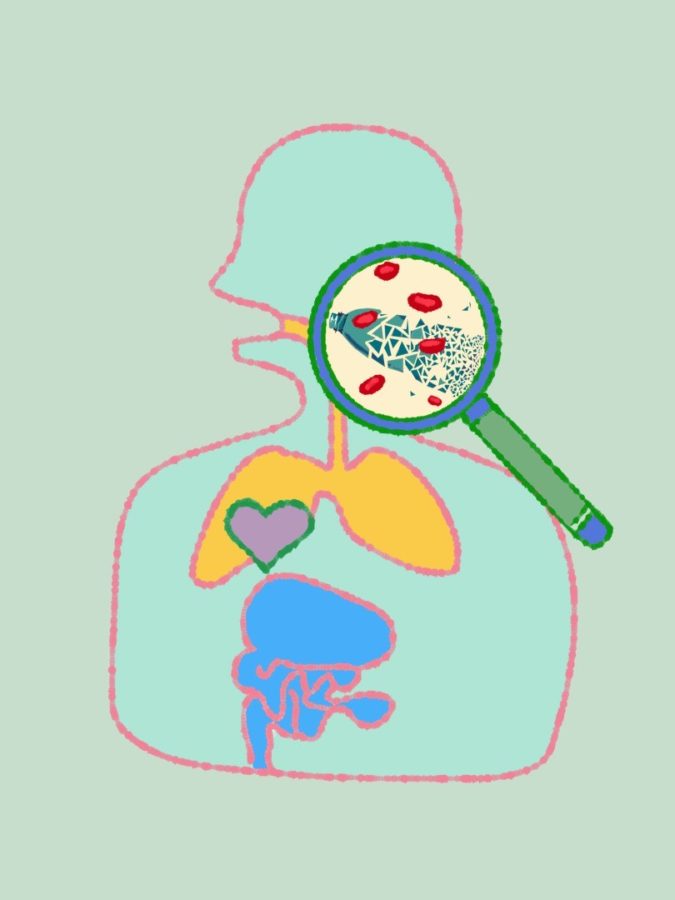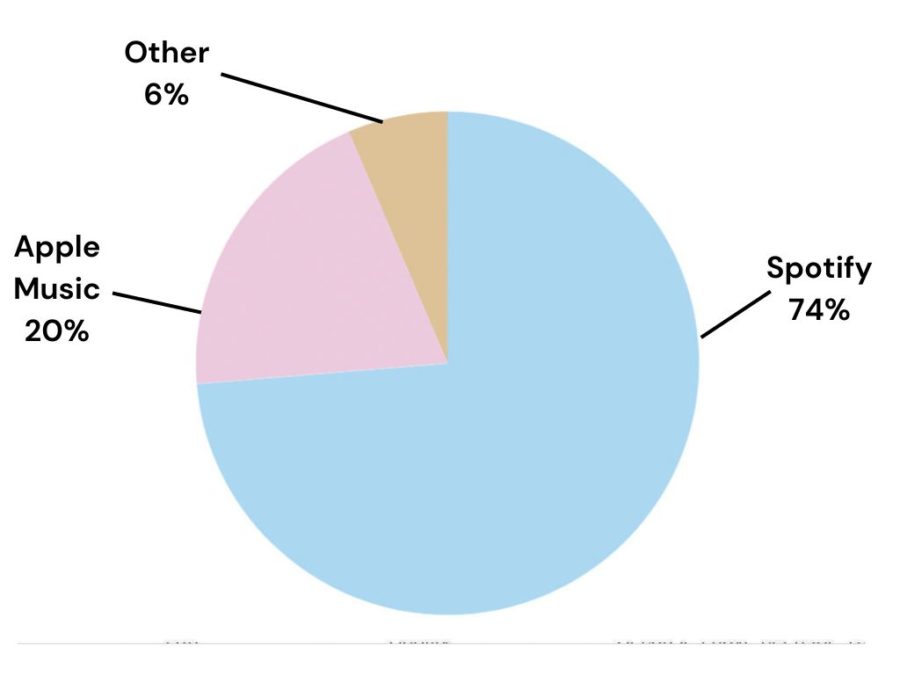What is it? For the first time ever, researchers have found microplastics in human bloodstreams. Microplastics are very small pieces of plastic in the environment that are a result of the breakdown of plastic consumer products. Microplastics are known to cause damage to the ocean and aquatic ecosystems, and they have been previously in human digestive systems, but this is the first time that a study has shown microplastics in human bloodstreams. The study, conducted by the Vrije University Amsterdam, found that eighty percent of its participants’ blood contained microplastics. Of that eighty percent, half contained PET plastics (e.g. drink bottles), a third contained polystyrene (e.g. styrofoam food/product packaging), and a fourth contained polyethylene (e.g. plastic bags). The particles they found were as small as 0.0007mm.
What does this mean? Humans are already known to ingest on average a credit card amount of microplastics per week. Fortunately, microplastics in the digestive system generally pass without any real significant damage. Conversely, the full health effects of microplastics on the human body are unknown, but there is definitely cause for concern. Preliminary research shows that plastic particles can travel around the body and may lodge in organs. Additionally, researchers have found that microplastics cause damage in human cells in laboratory research, so they are expected to have a similar effect while in the body. Other studies have also found that microplastics can latch on outer membranes of red blood cells and may limit the ability to transport oxygen.
What should I do? The best way to limit microplastics pollution and avoid microplastics in your body is to limit usage of products that contain or can form microplastics. Examples include synthetic clothing (e.g. athletic clothes), certain cosmetic products like exfoliating face wash and toothpaste that contain microbeads, and takeaway plates, cups, and bags. Microplastics are already everywhere. The best way to reduce the amount of microplastics is to reduce plastic product consumption as a whole.








